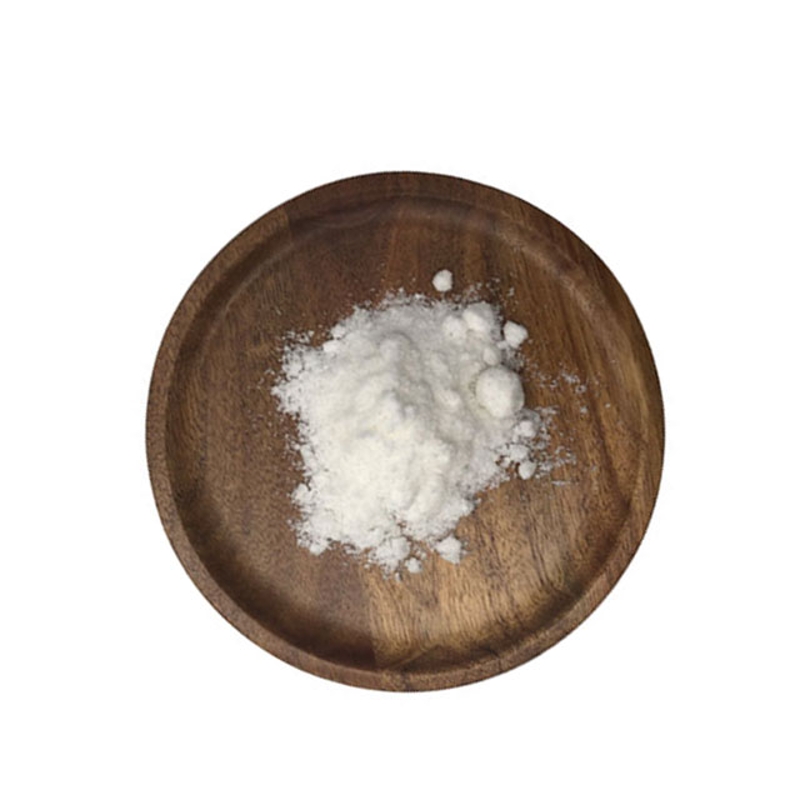-
Categories
-
Pharmaceutical Intermediates
-
Active Pharmaceutical Ingredients
-
Food Additives
- Industrial Coatings
- Agrochemicals
- Dyes and Pigments
- Surfactant
- Flavors and Fragrances
- Chemical Reagents
- Catalyst and Auxiliary
- Natural Products
- Inorganic Chemistry
-
Organic Chemistry
-
Biochemical Engineering
- Analytical Chemistry
- Cosmetic Ingredient
-
Pharmaceutical Intermediates
Promotion
ECHEMI Mall
Wholesale
Weekly Price
Exhibition
News
-
Trade Service
drugtargetreview
drugtargetreviewOne of the characteristic signs of Alzheimer's disease (AD) is the accumulation of amyloid beta plaques in the brain.
The traditional view is that the brain's immune cells called "microglia" that clean up garbage can inhibit the growth of plaques.
Immunological research studies show that dense plaques plays a protective role, and therefore show a dense plaques plays a protective role, so get rid of the plaque get rid of plaque treatment more harm than good.
Greg Lemke, a professor at the Salk Molecular Neurobiology Laboratory, said the study proved that dense plaques do not form spontaneously.
Alzheimer's disease is a neurological disease that causes memory loss, thinking disorders, and behavior changes, which worsen with age.
There are many types of plaques, but the two most common plaques are characterized by "diffuseness" and "denseness.
However, according to this new study, it is actually microglia that form dense plaques from diffuse amyloid beta fibrils as part of their cell clearance.
This is based on the 2016 findings of Lemke's laboratory.
The team’s current work shows that it is not only apoptotic cells that express "can be swallowed" signals and Gas6 amyloid plaques that are prevalent in Alzheimer's disease.
Researchers were able to experimentally prove for the first time that microglia with TAM receptors ingest amyloid plaques through eat-me signaling and Gas6.
APP / PS1Axl -/- Mertk -/- Microglia do not respond to Aβ plaques
They dug deeper and tracked dense nuclear patches using real-time imaging.
The research seems to indicate that when there are fewer dense plaques, there seems to be more harmful effects.
Researchers Researchers believe that more or less detrimental to which plaque, and there is no clear clinical decisions, but by thought as to which is more or less harmful plaque, and there is no clear clinical decisions, but by the the study, It seems that research has found that dense and dense plaques will be more plaques and will be more beneficial.
TAM (Mer) signaling can promote the accumulation of dense Aβ plaques and produce functional consequences
TAM (Mer) signaling can promote the accumulation of dense Aβ plaques and produce functional consequencesLemke is the chairman of Françoise Gilot-Salk.
Lemke suggested that scientists looking for treatments for Alzheimer's disease should stop trying to focus on breaking down dense core plaques and start looking for treatments that can reduce the production of amyloid-β in the first place, or can promote amyloid- A treatment method where β is completely transported out of the brain.
Original source:
Youtong Huang, Kaisa E.
Microglia use TAM receptors to detect and engulf amyloid β plaques in this message







